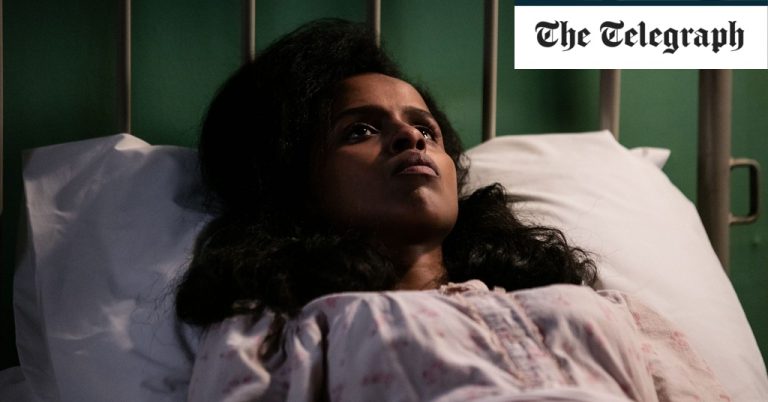During this time, and with the help of a translator, the midwives guide the women through key questions, asking if they’ve discussed FGM with their families, when it was performed, and at what age.
After this, the midwives will repeatedly visit patients’ homes or temporary accommodations if they’re reluctant to come to the hospital.
“Our service is personalised and tailored because we really care for these women,” said nurse Shepard.
For those who have undergone infibulation – where external parts of the vulva are removed and the remaining skin sewn together, leaving a small opening – midwives arrange ‘deinfibulation’. This procedure can be done prior to birth, so a patient does not have to keep exposing herself to doctors.
For each woman under their care, the Haamla midwives will meticulously devise a detailed birth plan. This includes a thorough explanation of the heightened risks associated with childbirth in the presence of FGM, such as an increased likelihood of perineal and anterior tearing.
They outline the interventions doctors may undertake during labour to mitigate these risks. For example, a doctor may find it necessary to perform an episiotomy, a small incision to widen the vaginal opening – as happened on Call the Midwife (albeit in the back of a van).
“Often with the assistance of translators, we make sure the woman understands what procedures will take place and the reasons behind them. We ensure she is aware that any action will only be carried out with her full consent; it’s her body and her decision,” explained nurse Walsh.
The midwives will also explain the wider health consequences of FGM – often the first time patients hear of them.
These include recurrent infections, painful menstruation, urinary problems, painful sex, lack of sexual desire, excessive bleeding, depression, anxiety, post-traumatic stress disorder, and risky childbirths, with newborn deaths more common in babies born to mothers with FGM.
